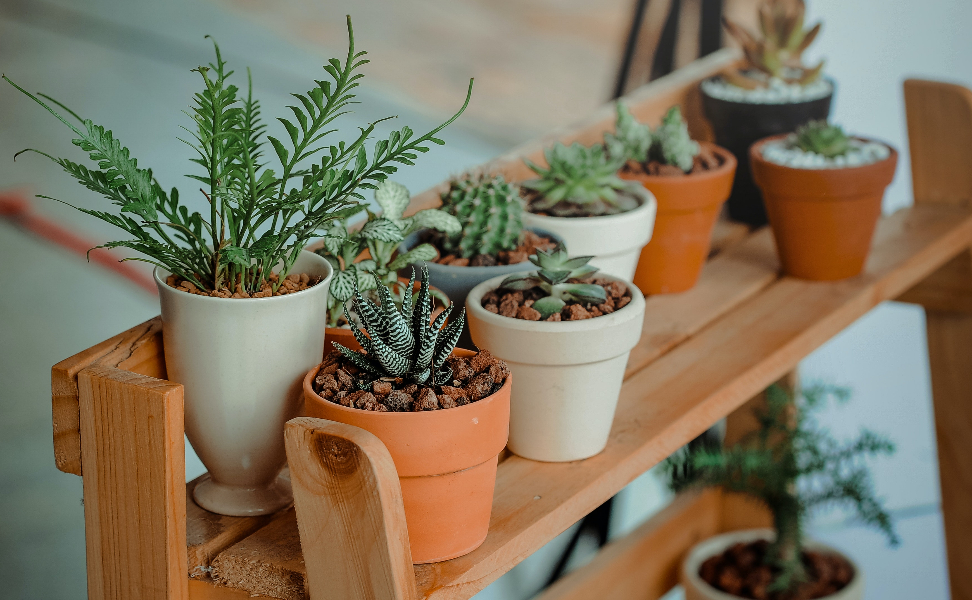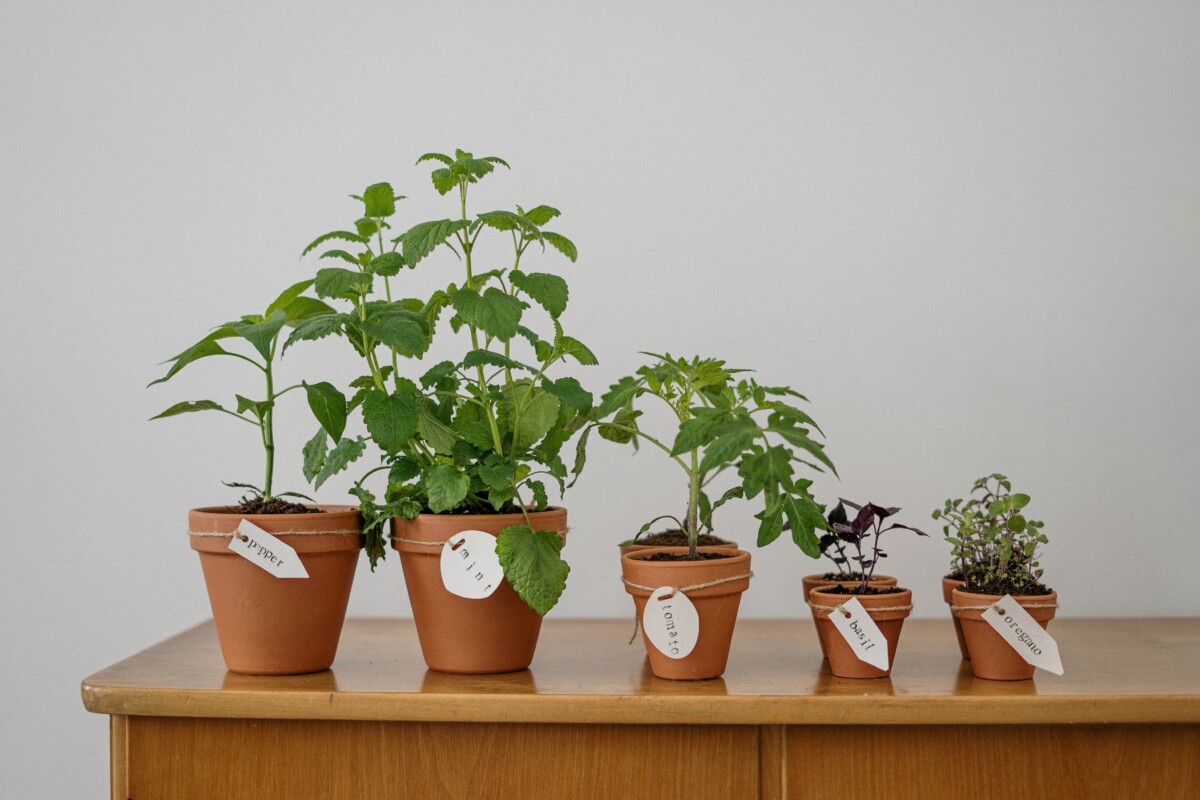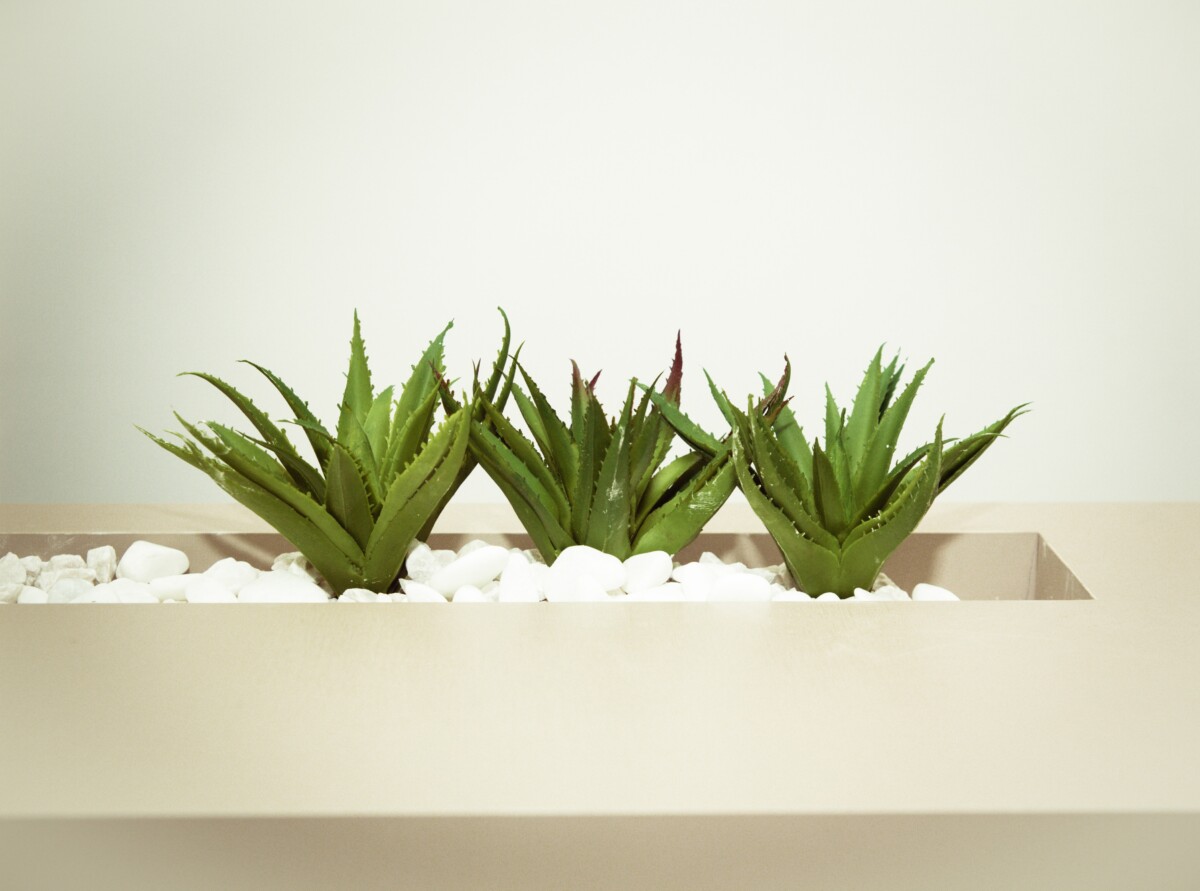VIDEO | Plants do cry: They have been found to make sounds when we cut them and don't water them

Well, sort of. Not in the same way we would cry. Instead, they make popping or clicking sounds at ultrasonic frequencies beyond the range of human hearing, which increase when the plant is stressed. This, according to scientists, could be one of the ways plants communicate their distress to the world around them. "Science Alert."
"Even in a quiet field, there are actually sounds that we don't hear, and those sounds carry information. There are animals that can hear these sounds, so there is a possibility of many acoustic interactions happening," explains evolutionary biologist Lilah Hadani from Tel Aviv University in Israel.
"Plants are constantly interacting with insects and other animals, and many of these organisms use sound to communicate, so it would be highly suboptimal if plants did not use sound at all."

Stressed plants are not as passive as you think. They undergo some pretty dramatic changes, one of the most noticeable (at least to us humans) is the release of some pretty potent aromas. They can also change their color and shape.
These changes may signal danger to other nearby plants, which in response strengthen their own defenses; or attract animals to fight pests that may harm the plant.
However, whether plants emit other types of signals – such as sounds – has not been fully explored. A few years ago, Hadani and her colleagues discovered that plants can detect sound. The logical next question to ask was whether they could produce it too.
To find out, they recorded tomato and tobacco plants in numerous conditions. First, they recorded non-stressed herbs to get a baseline. Then they recorded plants that were dehydrated and herbs that had their stems cut. These recordings first took place in a soundproof acoustic chamber, and then in a normal greenhouse environment.
Then, they trained a machine learning algorithm to distinguish between the sounds produced by unstressed plants, cut plants, and dehydrated plants.
The sounds made by plants are like popping sounds (something like popping popcorn) or clicking at a frequency too high for humans to detect, which can be detected at a radius of over a meter. Unstressed plants don't make much noise at all; they just hang out, quietly going about their business like herbs.
In contrast, stressed plants are much noisier, emitting an average of up to about 40 clicks per hour depending on the species. And plants deprived of water have a noticeable sound profile. They begin to sprout long before they show visible signs of dehydration, escalating as the plant becomes more desiccated, before subsiding as the plant wilts.

For example, tomatoes that were not watered for five days made this sound more often and louder, almost every two minutes. When the tomato plant was cut, it made an alarm sound every 2,5 minutes.
The ultrasound images, taken with two microscopes placed next to each plant under study, support the theory that plants can use sounds to warn each other of the danger of drought or hungry animals.
If plants knew in advance that there was little water, they could close their leaf pores to conserve water. And if they heard the noise of another plant whose stem had been destroyed by an animal that had eaten it, that plant might release volatile compounds to repel the hungry animal.

The scientists used artificial intelligence algorithms to compare the noise of healthy tomato and tobacco plants with those that had been cut or deprived of water for up to two weeks in a soundproof acoustic chamber.
They found that the plants, which were not watered, emitted "distress calls" before they began to dry out, the sounds began to be heard after five days without water, and the sounds were emitted more as they became dehydrated.
These sounds could help growers, and with the help of sensors, they could know which plant is unhappy and thirsty, and farmers could save crops.

Scientists have also discovered that plants, including vines, wheat, corn and cacti, make noise when cut or dehydrated.
The sounds lasted longer when the plant was dehydrated compared to when it was cut, and different plants appear to produce different sounds based on factors such as the frequency of the noise.
Experts suspect that these sounds may be helpful to creatures such as moths, which lay their larvae on plants and find dehydrated ones unsuitable.
"Now that we know that plants make sounds, the next question is - 'who could be listening?'" says Hadani. "We are currently investigating the responses of other organisms, both animals and plants, to these sounds, and we are also investigating our ability to identify and interpret sounds in completely natural environments."


